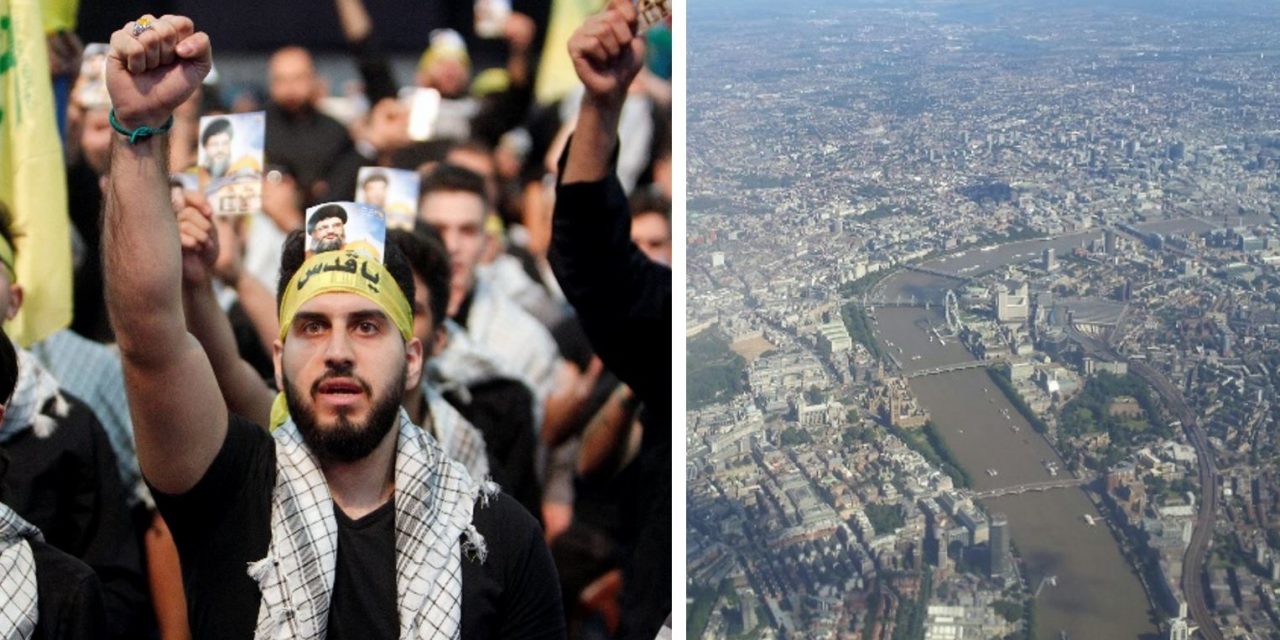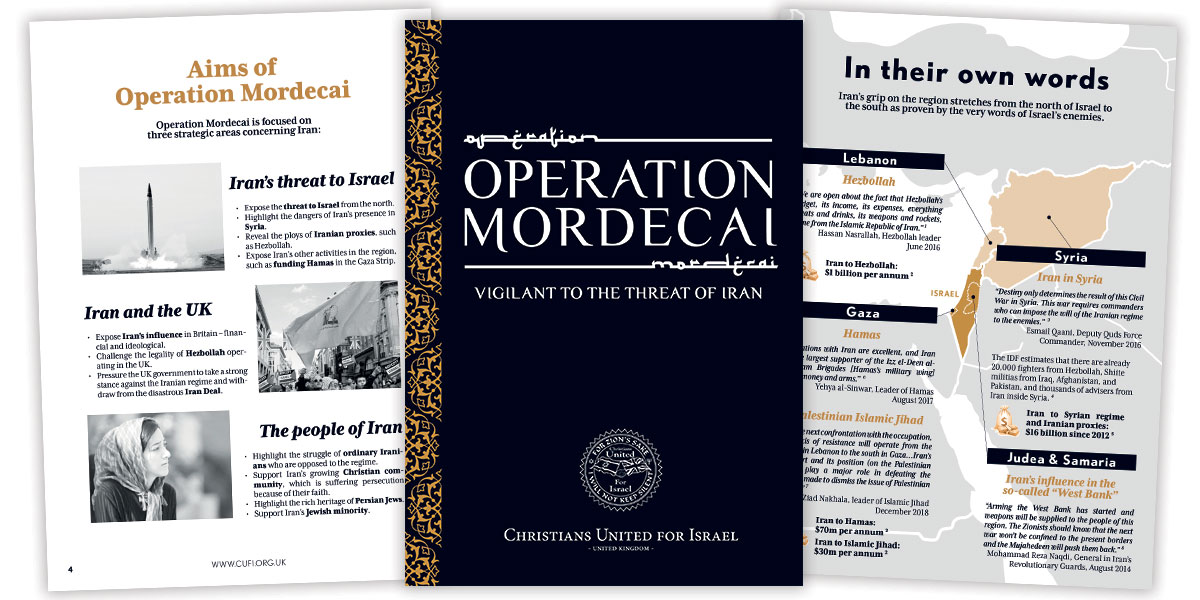Whilst the exact cause of Tuesday’s huge explosion in the Port of Beirut hasn’t yet been confirmed, links between the explosion site and Lebanese-based terror group Hezbollah haven’t been ruled out.
A source was quoted in The Telegraph at the time saying the ammonium nitrate was to be used for “proper organized terrorism” and could have caused “a lot of damage.”
CUFI reported last year that the MI5 and the Metropolitan Police raided four properties in North West London in 2015 after receiving a tip from a foreign intelligence agency. They discovered thousands of disposable ice packs containing ammonium nitrate, which is a common ingredient in homemade bombs.
A man in his forties was arrested, according to The Telegraph, on suspicion of plotting terrorism, but was eventually released without charges. The paper quoted “well placed sources” as saying that “the plot had been disrupted by a covert intelligence operation rather than seeking a prosecution.”
According to the report, the plot was part of a wider Hezbollah plan to lay the groundwork for future attacks and noted foiled Hezbollah operations in Thailand, Cyprus and New York. All those plots were made public and were believed to have targeted Israeli interests around the world.
The Telegraph said the Cyprus case was strikingly similar to the one in London. In 2015 in Cyprus, confessed Hezbollah agent Hussein Bassam Abdallah was sentenced to six years in jail after he was found with 8.2 tons of ammonia nitrate in his home. He had reportedly planned to attack Israeli targets.
The Telegraph said its information came after a three-month investigation in which more than 30 current and former officials in Britain, America and Cyprus were approached and court documents were obtained.
The Telegraph said that in Cyprus the ammonia nitrate was also stored in ice packs, saying that they were a convenient, seemingly harmless and easy to transport.
Sources told The Telegraph that the UK plot was at a very early stage and no targets had been selected. It said UK intelligence used to opportunity to try and establish what Hezbollah was up to and so did not disrupt it immediately.
“In the years 2018-2019, Israel found that dual-use items are smuggled into Lebanon to advance Hezbollah’s rocket and missile capabilities,” Danny Danon revealed to the Security Council.
Danon said that Iran’s Quds Force of the Islamic Revolutionary Guards Corps (IRGC), which directs Iranian interventions abroad, had begun “to advance the exploitation of the civilian maritime channels, and specifically the Port of Beirut.”
“The Port of Beirut has become the Port of Hezbollah,” Danon said.
Danon disclosed that Iran and Hezbollah were aided by Syrian agents who purchased the dual-use equipment — meaning it can be used for both civilian and military purposes — from foreign civilian companies and transferred it to Lebanon. These agents misled the companies when they officially unloaded the equipment at the Port of Beirut, Danon said, which was then transported to Hezbollah’s missile production facilities.
Danon said that Hezbollah regularly uses civilian centers in Lebanon to illegally transport arms, in “flagrant violation” of UN Security Council Resolution 1701, which calls for the disarming of the terrorist organization. Danon also presented the Security Council with a map of various weapons transfer routes.
The Israeli envoy urged UN member states to take extra precautions with regard to the sale of dual-use equipment.
“Are you absolutely sure your companies are not the ones selling dual-use equipment to the hands of Hezbollah?” Danon asked. “Are you sure your citizens know the end-users of these dual-use items?”
FREE COPY: Understanding the threat from Iran
Covering the threat from Iran to Israel and the West, plus the plight of the Iranian people: Read our Operation Mordecai campaign booklet online or receive a FREE copy by post.
Related Articles:












